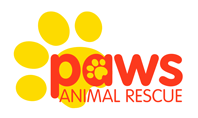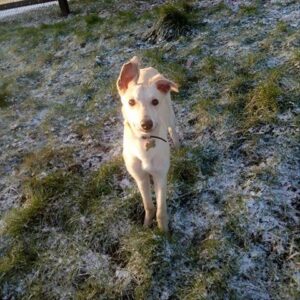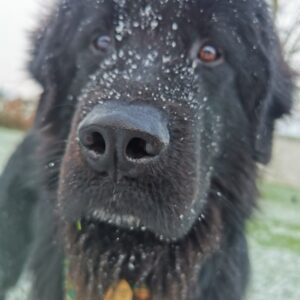Caring for your pet during winter
As the winter months and Christmas approaches, you need to take time to ensure that your pets enjoy a happy, healthy holiday season
Housing
It is best to keep pets indoors during the winter months, but if this is not possible, outdoor pets must be provided with shelter. Their home should be elevated off the ground to prevent moisture accumulation and have a door of some kind to keep out winter winds, sleet, and snow. Shelters should be insulated or heated. Outdoor pets require extra calories to keep warm. Feed your pet according to its needs when the temperature drops. In severely cold or inclement weather, no pet should be kept outside. Indoor pets should have sleeping quarters in a draft-free, warm area with their bed or mattress elevated slightly off the floor.
Feral Cats
Feral cats, as well as house pets and wildlife, may climb onto vehicle engines for warmth during cold weather. Be sure to check under the bonnet before starting your vehicle and honk the horn to startle any animals seeking shelter inside.
Frostbite, snow and salt removal
Snow and salt should be removed from your pets paws immediately. Frostbitten skin is red or gray and may slough. Apply warm, moist towels to thaw out frostbitten areas slowly until the skin appears flushed. Contact your vet as soon as possible for further care. Snow removal products should be stored out of the reach of pets and small children as their toxicity varies considerably.
Toxic plants and christmas Items
Plants and other items associated with the winter and holiday season can be toxic to your pets. What follows is a general guide. Please consult your vet and the manufacturer for specifics. Remember, the earlier you seek treatment, the better for your pet!
Low toxicity — poinsettia leaves/stems; balsam/pine/cedar/fir; angel hair (spun glass); Christmas tree preservatives; snow sprays/snow flock; tree ornaments; super glue; styrofoam; icicles (tinsel); and crayons/paints.
Moderate toxicity — Plastic model cement, holly berries and leaves; snow scenes (may contain salmonella); aftershaves/perfumes/alcoholic beverages; and chocolate (dark is more toxic than milk).
Highly toxic — mistletoe (especially berries); expoxy adhesives; and antifreeze.
Please note that some items have special problems. For example, whereas angel hair is usually considered to be of low toxicity, it can irritate eyes, skin, and the gastrointestinal tract; the content of Christmas tree preservatives varies and often effects depend upon the amount ingested; styrofoam, small parts from Christmas tree ornaments and toys, as well as tinsel, can cause mechanical obstructions in the gastrointestinal tract; spray snow can cause problems if sprayed into the mouth and inhaled. Antifreeze deserves special mention because even a very small amount can be rapidly fatal to pets.
Other holiday concerns
Holiday treats, such as rich, fatty food scraps, bones from fish, pork, and poultry, alcoholic beverages, and chocolate, can be harmful or toxic to pets. Do not allow friends and relatives to give your pet special treats it could ruin everyone’s holiday (including your vet’s). Do not allow pets to play with ribbons, yarn, or six-pack can holders and don’t put ribbons or yarn around your pet’s neck. Cover or tack down electrical cords. If you follow these guidelines, you, your pet and your vet will have a happy Christmas.




